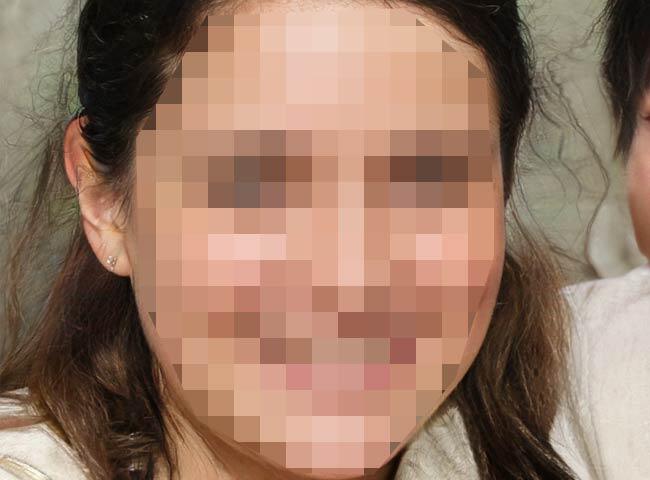Meet Skyler

Skyler's story
Electrolysis Support Fund recipient
Skyler (she/her) is a disabled trans woman from Oregon seeking electrolysis support. Unemployed for the last four months, she has been just able to make ends meet through her unemployment benefits, which expire in two months. Her job search has been complicated by being trans, autistic, and COVID-conscious. Laser hair removal isn't an option for Skyler due to her red hair, and electrolysis isn't covered by Oregon's Medicaid, leaving her with few affordable treatment options.
Skyler has long dealt with dysphoria caused by her fast-growing facial hair, compounded by constant razor bumps on her sensitive skin. "Being able to at least see how electrolysis works on me would mean the world," she shares. This support would also help remove one more barrier in pursuing the FFS treatments she's hoped to pursue for a long time.
Skyler's timeline
-
Award Granted
April 4, 2024
Skyler was awarded a grant toward permanent hair removal!
-
Care Received
April 18, 2024
A payment has been made toward Skyler's permanent hair removal!
-
Care Received
July 29, 2024
A payment has been made toward Skyler's permanent hair removal!
-
Care Received
October 4, 2024
A payment has been made toward Skyler's permanent hair removal!
-
Renewal Award Granted
November 14, 2024
Skyler was offered a Renewal Award! -
Care Received
December 9, 2024
A payment has been made toward Skyler's permanent hair removal!
-
Care Received
January 27, 2025
A payment has been made toward Skyler's permanent hair removal!
About Hair Removal: Femme Award
On average, it costs $2,300+ for Skyler's care.
- What is it?
- Before care
- After care
What is it?
Point of Pride provides grants to trans femme people seeking hair removal on their face, neck, or an area of the body in preparation for bottom surgery.
What is life like for a person who needs this care?
For trans femme folks, particularly trans femmes of color, access to facial hair removal often equates to safety against anti-trans violence or discrimination. It's common for applicants to note issues with employment and public safety, particularly if their facial hair is dark or thick. Electrolysis and laser hair removal services are often deemed cosmetic and therefore not covered by health insurance plans.
What is the impact of this care on the recipient’s life?
Access to hair removal often leads to a more positive emotional well-being, increased confidence, increased safety when in public, and better opportunities at employment and more.
Your support funds healthcare that's
life-changing. Life-saving. Life-giving.